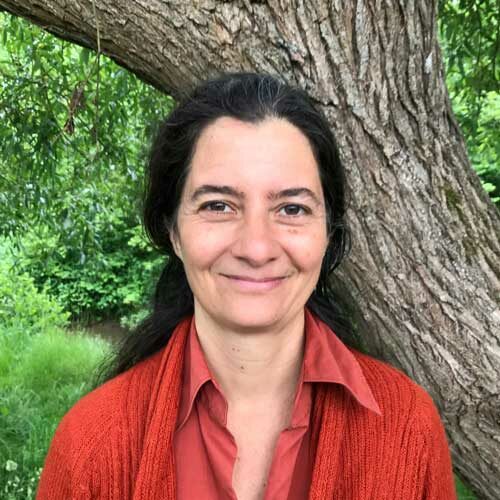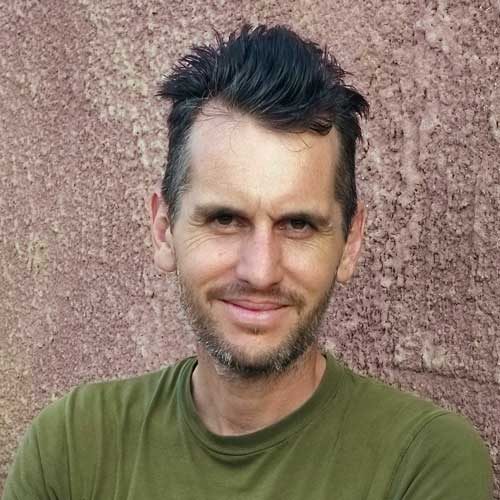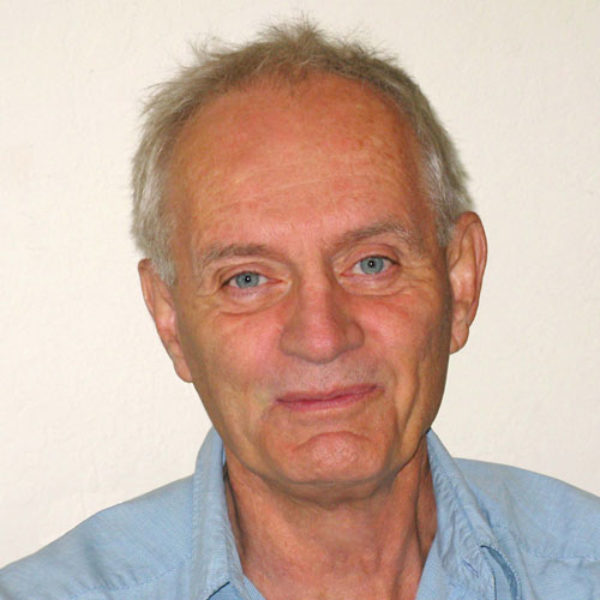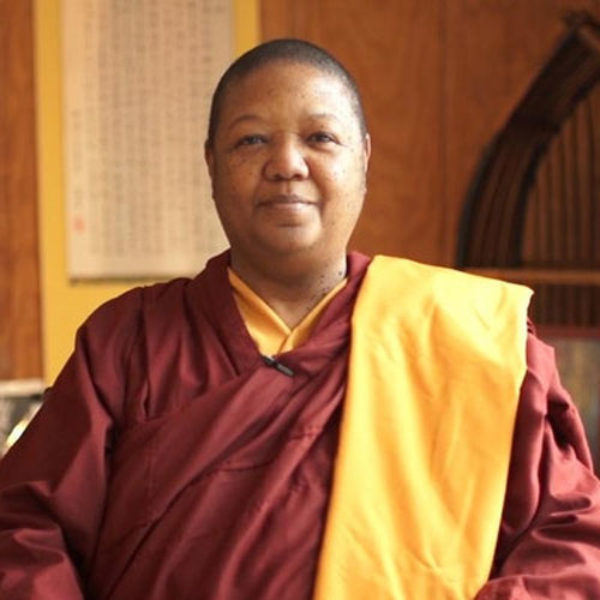It is an extraordinary relief to encounter the perfection of ordinary self in a world that is screaming loudly, “There is something better out there! There is something you might be missing! There are standards you need to meet! There is something more you need to prove!” As we remember our inherent goodness, we cease to have an appetite or artificial need to participate in the outer focus, the conditioning that is telling us that what we have and who we are simply ARE not enough. Embracing our essence ends the charade of the conditioned mind, and all that is left is acknowledgement of the preciousness of our unique expression of life and all forms of life. We finally relax, aware that there is nothing to do and nowhere to get to that is worth more than being who and where we already are.
With Deborah Eden Tull recorded on May 24, 2017.
Found our teachings useful? Help us continue our work and support your teachers with a donation. Here’s how.
Discover more from the Dharma Library
-

Daily Meditation Recordings, with Martin Aylward – Week of Jan 10, 2022
Daily meditations with Martin Aylward.
-

The Human Face of the Buddha
Recorded :
February 28, 2021 Most of us know the Buddha as a revered spiritual sage. Less is known about the person, Siddhartha Gautama, who was also a social revolutionary. In this talk, we will explore how Gautama upended the caste system in India and examine his problematic relationship to women. We’ll see how understanding the Buddha as a human…
-

Daily Meditation Recordings, with Zohar Lavie – Week of December 13, 2021
This week’s theme is: A Bright Presence.
Making an effort isn’t always easy; yet, how we show up really matters. Dharma teachings can help to enliven our sense of enthusiasm and energy on the path of practice. This week we’ll dive into different ways of engaging with our life, on the meditation seat and off. From soft delight to sustained dedication, let’s wake up fully with life — in life, and for life.
-

Befriending the emotions.
Recorded :
October 16, 2016 So often we struggle because we’re resisting, fixing, changing, or even “transcending” our experiences. What shifts when instead of pushing our emotions away, we invite them closer in? What changes when we learn to relate to our emotions like a welcoming friend? And, what changes when we are able to access the place in which…
-

Mindfulness and the Four Noble Truths
Recorded :
July 16, 2023 Across all Buddhist lineages and traditions, the four noble truths hold the utmost importance. They are the Dharma’s most fundamental teaching. In modern society, the focus of Buddhism often shifts to meditation, particularly mindfulness, as the practice continues to be integrated into contemporary culture. How can we bring the teachings of the four noble truths…
-

Daily Meditation Recordings, with Nathan Glyde – Week of 03 March, 2025
We’re delighted to have Nathan Glyde guiding our Daily Meditation sessions this week. May they support and enrich your practice.
This week’s theme is: It’s Like This, Right Now
Acceptance must be applied wisely to lead to liberating awakening. We accept “it’s like this, right now”, but we don’t stop there. We also acknowledge that “this” is subject to changeable conditions, and we accept the opportunity to contribute to freedom.
Our Dharma Library thrives through collective generosity. Your donation helps sustain this offering for our entire community.
-

The end of fear: conscious living, conscious dying.
Recorded :
March 19, 2017 Until we are free there is a fundamental fear of the spaciousness that is our true nature. Can we become intimately familiar with the urge to run away from the love, the spaciousness, that is the essence of this moment? All fear is fear of death, fear based on our identification only with that which…
-

Emptiness: Surmounting the Limitations of the Intellect
Recorded :
February 11, 2024 The Suttas, Sutras and Shastras tell us that we can dislodge and extinguish what the deluded mind has created. There is a common thread through them all… we should realize the emptiness of all conditioned phenomenon. Let’s step into this discussion together to look deeper into the mind that realizes emptiness as the gateway to…








Discussion